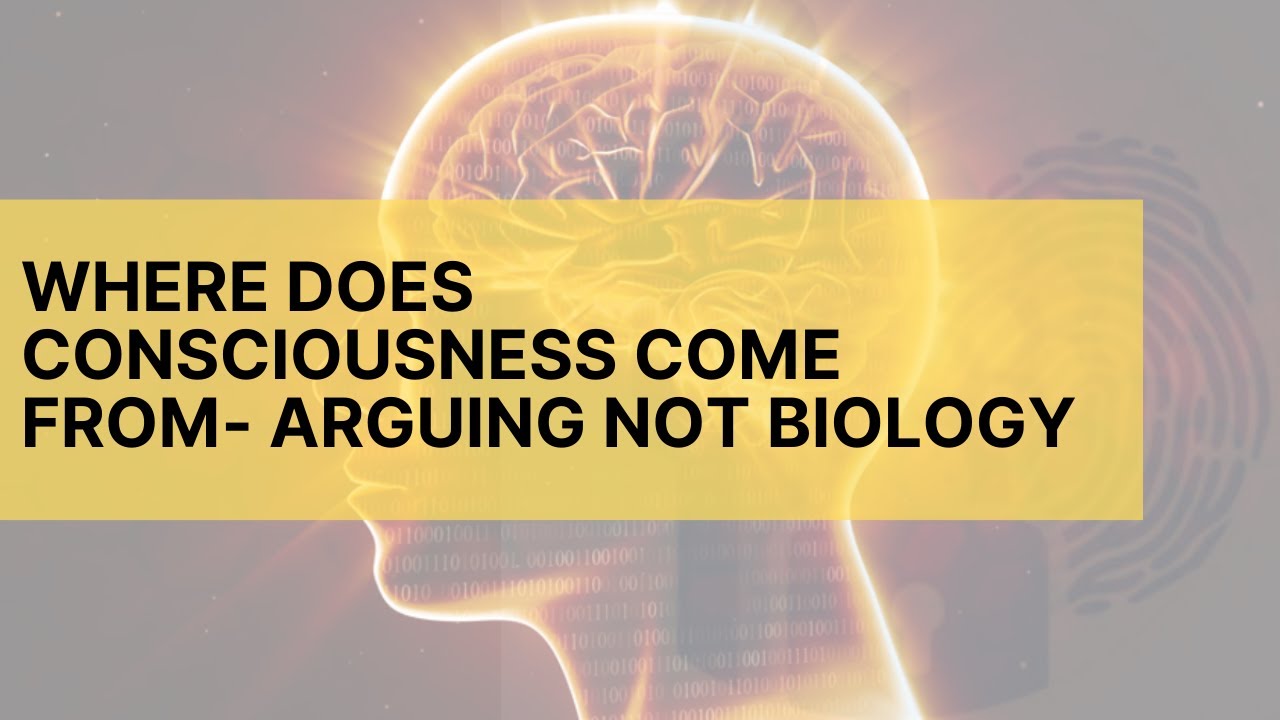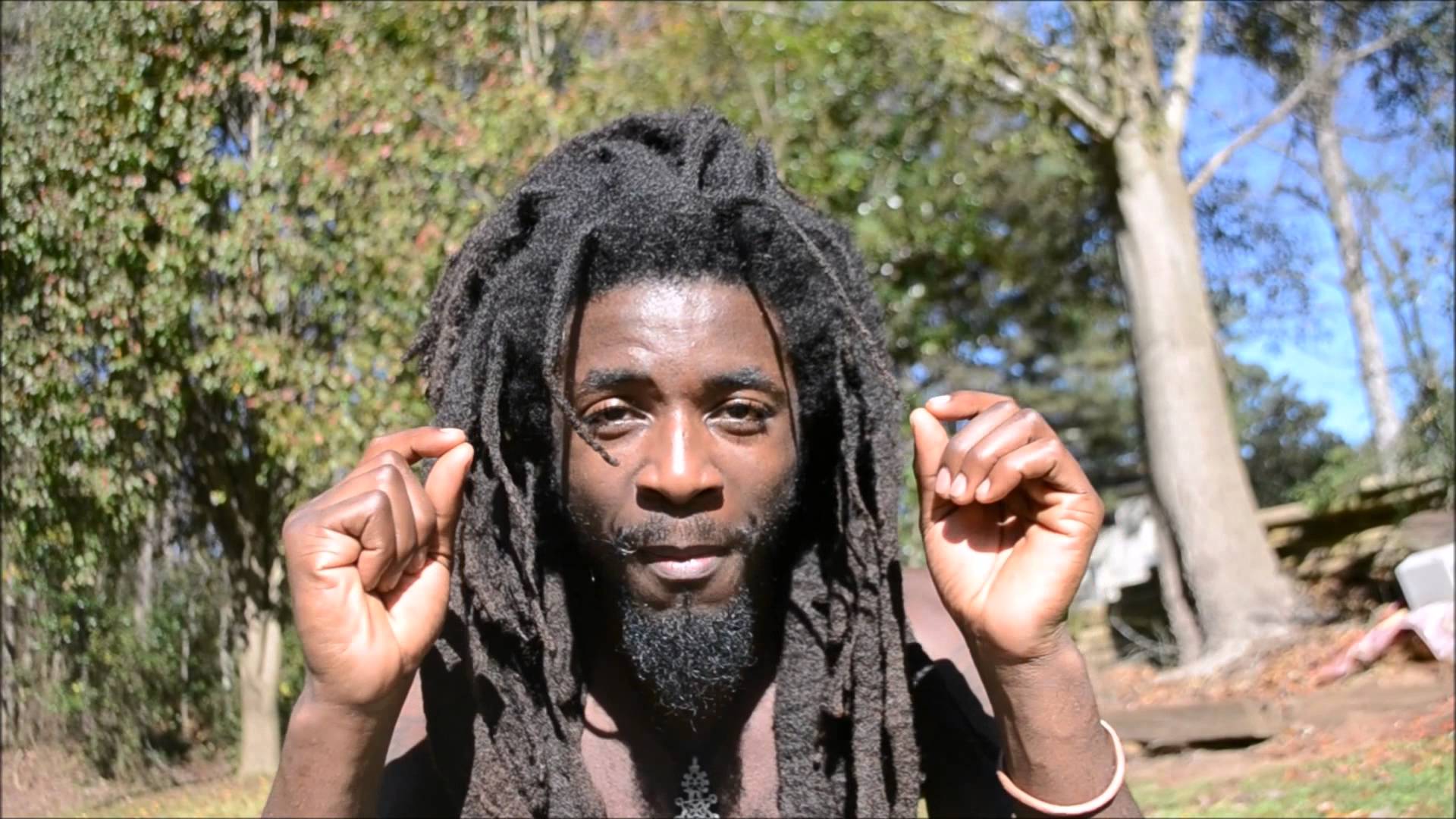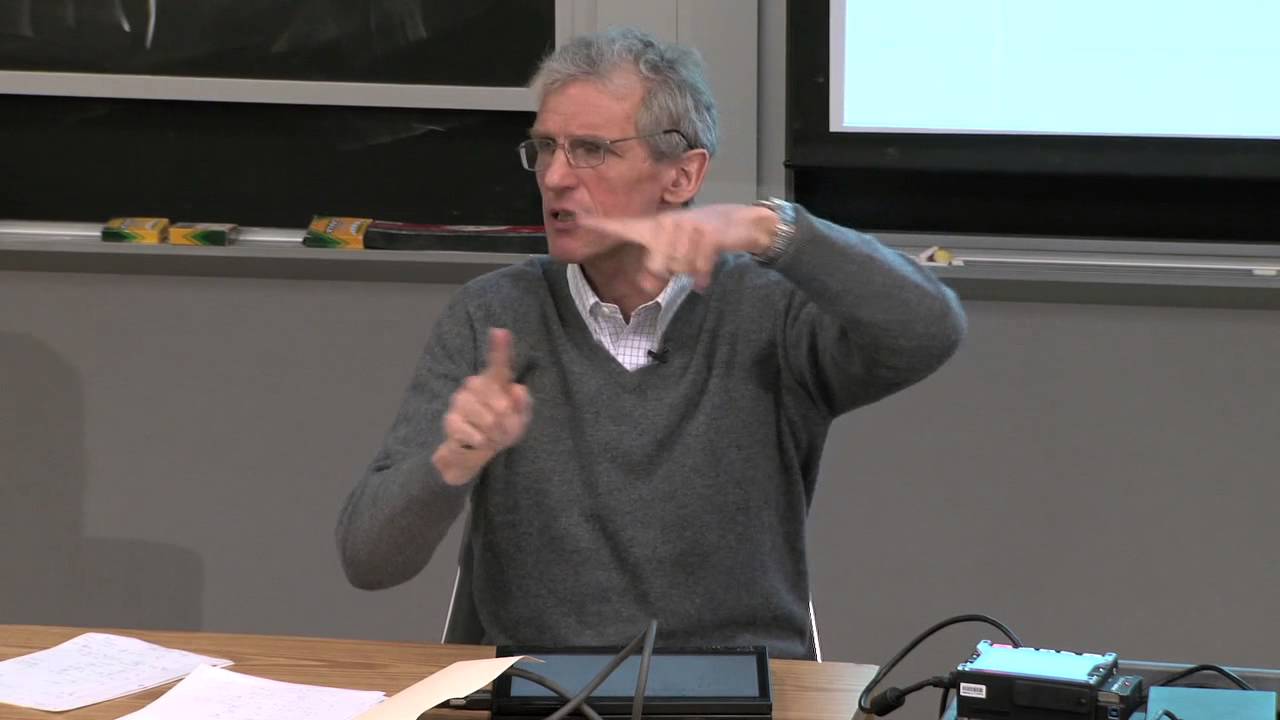Alex Moen
Oops, first, I misspoke and the author’s name is Julian Jaynes.
The Origin of Consciousness In the Breakdown of the Bicameral Mind by Julian Jaynes was a very interesting and well researched book that got me thinking deeper about the possibility that consciousness is actually language based and not some special biological quirk that humans just so happened to have. But, what’s even more interesting is that there is evidence that this is true in history, and even more interesting that consciousness may have arisen as recently as 2-3,000 years ago
Sapir-Whorf hypothesis is something I was introduced to in college, way before I started thinking about this. Its premise is that language forms your perception. Think of Eskimos having 32 different words for snow. How many forms of snow could you identify? Once you get the experience and have the mental model granted by that specific language, you could learn and have a new sort of experience in your day-to-day life. Consciousness, arguably, can be constructed in such a way.
We see places like North Korea literally not have words for certain feelings (love, for instance, is reserved only for their “dearest leader” and not the passionate kind reserved for lovers and spouses), but once they escape and integrate into our society they understood compassion and love and could reflect deeper on their past experiences. This was just an example I came across that helped solidify this thought that was already in my mind, however. Think of it like testing my hypothesis and adding in my favor.
So, think about a relatively modern human who doesn’t have language yet. First, language develops a few grunts at a time. Certain words perhaps meaning danger, or near and far, and things like that.
First, we need to define what consciousness is to take this any further. We’re not talking about learning here. Even goldfish can learn. We’re also not talking about emotions, as plenty of animals have that too. We’re talking about the distinctly human level of consciousness that we know we have that other animals don’t quite. And I’m going to define that as the ability to see yourself in the future, interacting with others in the future, to be able to create a mental model that helps you predict how they will likely react so that you can change your current actions to enjoy a better future.
Now, it might seem like some animals can do this. In reality, they’ve simply learned if they act a certain way or do certain things they’re likely to get a positive benefit. They’re not visualizing themselves and the interactions of others. They just know that A probably leads to B which means a specific kind of result. This is just another form of learning. It might even seem like certain animals can lie, which would imply deceipt and planning. I’d argue that this is just a very complex form of cause and effect and the emotional reaction chain happening, mixed with learning.
Now, if we look back at literature even, the concept of “I” or the concept of introspection and self-awareness in terms of self-efficacy isn’t fully fleshed out more than 3,000 years ago. Some might argue that just because we don’t have that evidence doesn’t mean it isn’t there; or they assume it must be there because we have it; or that just because language couldn’t reflect that yet didn’t mean it wasn’t there. Assume for a second that’s not true. There’s plenty of evidence that this level of control and thought of ones’ self actually didn’t exist passed 3,000 or so years ago, regardless of the culture, and it slowly spread and you can see its development.
The closest we get is their emotional response to not being able to deny the gods in their mind, which is almost certainly just language being applied to their cause and effect emotions in a more medieval kind of mind. If they cannot deny or change their actions, and don’t have a concept of I and how that relates, how could they technically be conscious?
For now, I just want you to contemplate the idea that your ability, through language, to alter your actions based on future-based thinking is not a natural process, but actually a learned one. And, that without that, you’re actually not conscious. A brain can just be a plastic and moldable partially blank slate (at least blank in the terms of not being wired for consciousness), but until it gets the “programming” for consciousness, it’s just that- a programmable computer that has the hardware that is capable of consciousness, but doesn’t have the software. Language is that software, and it’s developed over time.
This also has interesting implications for what emotions are, how we should go about increasing experiences and enhancing those “software structures” in our brain, how much we should actually apply “forethought” to in our day-to-day lives, and more.
Source




And, think about things with the lying monkey example. The monkey is only seemingly plotting to be deceptive because we place that value on it from our human perspective, when in reality the monkey is just doing a complex learning/cause and effect dance. The monkey is trying to find a way to mate by doing different things. Not that it actually placed itself in a mental model of itself into the future and altered its present actions because of that contemplation. In the same sense, we are applying our current framework to "biologically modern humans" assuming they must have had the same capabilities that we currently do because we presume consciousness is biological, without any solid and compelling evidence to say so.
wanna be friends?
wanna be friends?